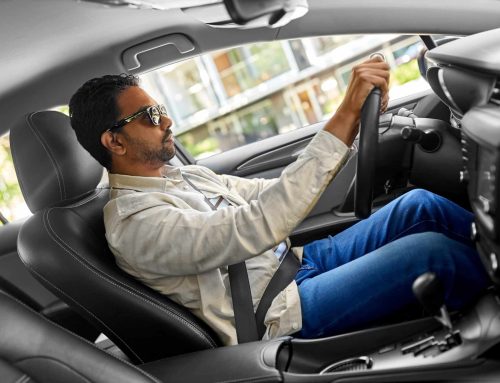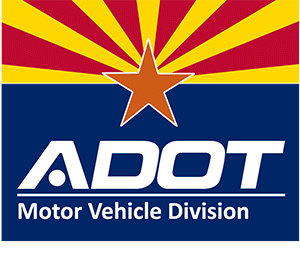April is Distracted Driving Awareness Month. More than 700 people are injured every day in distracted driving crashes, and distracted driving has been listed as the top risky driving behavior.
Because safe driving is more important than ever, ask yourself these questions to find out if you’re driving aware, or driving distracted.
Are you noticing your top distractions when driving?
Many people go right to cell phones when they think about what’s keeping them from driving with full attention on the road. But even if you keep you’ve trained yourself not to look at your phone when you’re driving, other distractions could get the best of you: Things like listening to kids chattering or fighting, looking for something in your purse or center console, changing the radio station or music playlist, eating and drinking, or even having a conversation with a passenger can all qualify as distractions.
When you drive, do you strive to keep your full attention focused on the physical, mental and psychological demands of driving?
The AAA Foundation for Traffic Safety has said that distracted driving is driving without complete attention to these three things. Physical demands include keeping your eyes on the road and scanning, as well as the manual tasks of operating the vehicle. Mental demands include keeping your brain focused on all the micro tasks required. And psychological demands include keeping your emotions and nerves in check despite the traffic around you.
Are you modeling “aware” driving behavior to others who are in the vehicle?
Children especially learn by watching what the most important adults in their lives do. If you have kids or younger siblings, they will probably grow up to be drivers, and your actions in the driver seat could have a lasting impact on their own driving behavior. If kids are distracting you, take the opportunity to patiently teach them how important it is for you to be able to focus.
Do you know the laws regarding distracted driving in your area?
Arizona passed a law banning hand-held communication devices in 2019, and most other states have similar laws. Wherever you live and wherever you drive when traveling, make sure you know the laws and follow them.
This month and every month, when you make an effort to drive with full attention to the driving task, you’ll do your part to keep you and others safe on the road.








